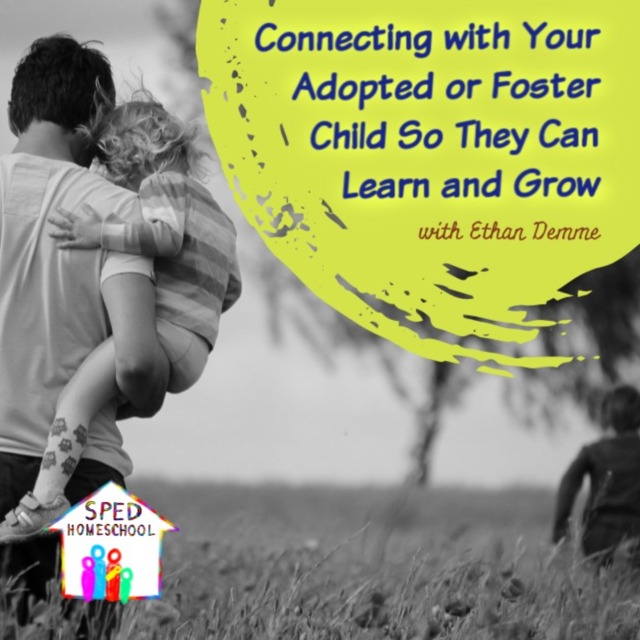I had the privilege of appearing on the SPED Homeschool Podcast to talk about “Connecting with Your Adopted or Foster Child So They Can Learn and Grow”
EPISODE DESCRIPTION
Our special guest this week on SPED Homeschool Conversations was Ethan Demme, foster dad & President and CEO of Demme Learning. Ethan shared with us about “Connecting with Your Adopted or Foster Child So They Can Learn and Grow”
#fosterparent #homeschool #learning
Other topics covered in this episode:
The Importance of Setting Priorities as a Foster Parent
Helping a Foster Child Develop Empathy
Teaching Healthy Love to a Foster Child
How Connecting First Improves Learning Outcomes









